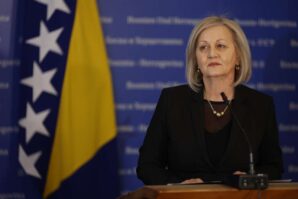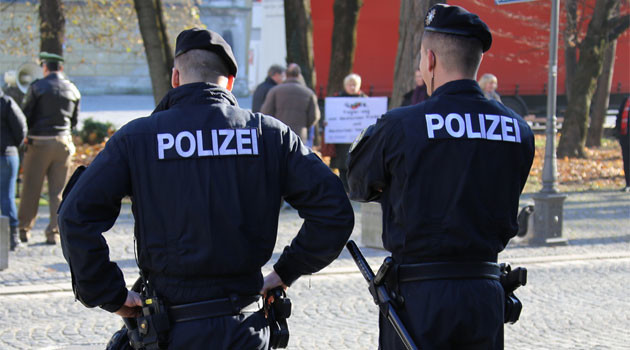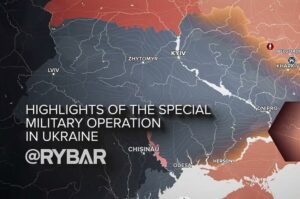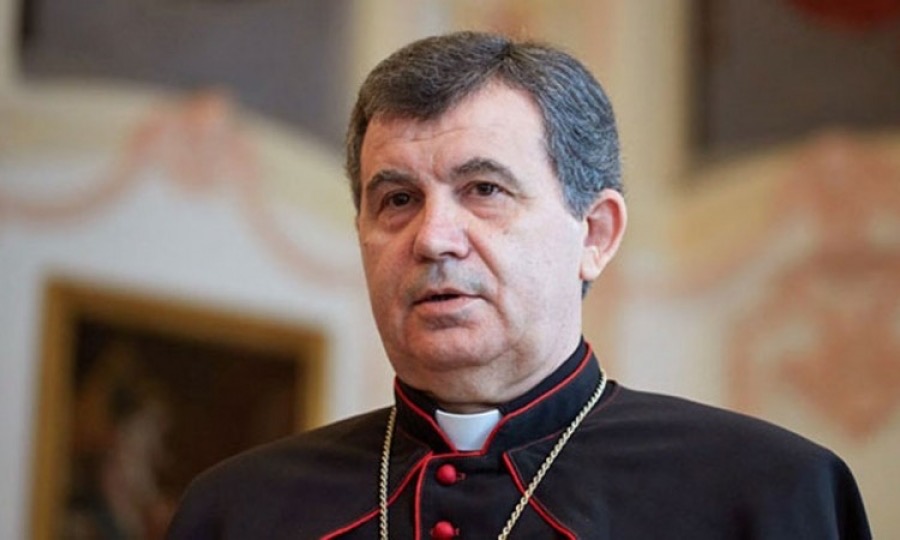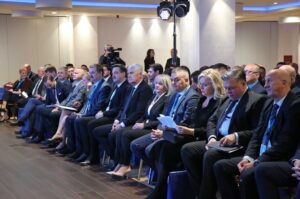 The Council welcomes the finalisation of the country’s answers to the Commission’s Opinion Questionnaire on Bosnia and Herzegovina’s EU membership application through the coordination mechanism and urges Bosnia and Herzegovina to make further use of this important mechanism for the preparation of consistent and comprehensive strategic countrywide documents including those requested under the Stabilisation and Association Agreement. The Council recalls that while Bosnia and Herzegovina’s EU membership application of February 2016 represents a strategic commitment to advance towards the EU, it needs to be translated urgently into comprehensive reform results on the ground. The Council welcomes the adoption of some EU-oriented reforms in Bosnia and Herzegovina such as on excise duties or regarding country-wide strategies for environment and rural development. However, the Council notes with concern that divisive rhetoric and pre-electoral campaigning have significantly slowed down the pace of reforms, particularly as regards the Reform Agenda.
The Council welcomes the finalisation of the country’s answers to the Commission’s Opinion Questionnaire on Bosnia and Herzegovina’s EU membership application through the coordination mechanism and urges Bosnia and Herzegovina to make further use of this important mechanism for the preparation of consistent and comprehensive strategic countrywide documents including those requested under the Stabilisation and Association Agreement. The Council recalls that while Bosnia and Herzegovina’s EU membership application of February 2016 represents a strategic commitment to advance towards the EU, it needs to be translated urgently into comprehensive reform results on the ground. The Council welcomes the adoption of some EU-oriented reforms in Bosnia and Herzegovina such as on excise duties or regarding country-wide strategies for environment and rural development. However, the Council notes with concern that divisive rhetoric and pre-electoral campaigning have significantly slowed down the pace of reforms, particularly as regards the Reform Agenda.
The Council recalls that it expects Bosnia and Herzegovina to ensure the full and effective implementation of the Reform Agenda in line with the action plan agreed by the Bosnia and Herzegovina authorities and in close consultation with civil society, to the benefit of its citizens and in close cooperation with the European Union, international financial institutions and international partners. Inclusive socio-economic reforms, the strengthening of the rule of law, including strengthening the independence and impartiality, as well as the accountability, professionalism and efficiency of the judiciary, the fight against corruption and organised crime, against radicalisation and terrorism, against irregular migration as well as public administration reform in line with European standards at all levels of government, and further improving cooperation between all levels of government, remain high priorities.
Furthermore, the Council regrets the lack of progress on freedom of expression and building independent media and calls on Bosnia and Herzegovina to intensify efforts to address this issue.
The Council urges Bosnia and Herzegovina to adopt as its highest priority provisions of the criminal procedure code of Bosnia and Herzegovina in accordance with international standards. It also calls for complete adoption of the Law on Conflict of Interests as well as the Law on the Intelligence Services.
The Council takes note of the announcement of the general elections scheduled for 7 October 2018. The Council regrets the unwillingness to compromise shown to date by political parties and strongly calls on Bosnia and Herzegovina’s authorities to urgently amend the electoral framework with a view to ensuring the implementation of the results of the October 2018 elections. In this respect, all political leaders need to assume their responsibilities and find a solution with regard to the Federation House of Peoples. The Council considers that electoral reforms should be approached in a spirit of dialogue, as an important matter, thereby also calling on Bosnia and Herzegovina to implement OSCE-ODIHR recommendations in order to move the country towards European standards, improving democratic processes of future elections. The Council also acknowledges that other election-related issues, including provisions for holding local elections in Mostar and the Bosnia and Herzegovina Presidency, should be addressed in due course after the elections, in line with European standards; in this regard the Council underlines that no legislative or political steps should be taken which would make the implementation of the Sejdić-Finci ruling and related rulings more challenging. Those reforms shall not impair, however, further implementation of the Reform Agenda.
The Council further reiterates its unequivocal commitment to Bosnia and Herzegovina’s EU perspective as a single, united and sovereign country and encourages all authorities and political forces in Bosnia and Herzegovina to overcome divisive rhetoric rooted in the past, to end the glorification of convicted war criminals as well as to actively promote reconciliation, including through education. The Council encourages Bosnia and Herzegovina to further actively engage in regional cooperation and building of neighbourly relations.
The Council welcomes the progress concerning economic development and competitiveness. However, in line with the Joint Conclusions of the Economic and Financial Dialogue between the EU and the Western Balkans and Turkey, the Council calls on Bosnia and Herzegovina to address key challenges such as a weak rule of law, a still poor business environment, the absence of a common economic space, a fragmented regulatory environment, a large and inefficient public administration, a substantial informal economy, weak access to finance for some segments of the economy, corruption, labour market imbalances with high structural unemployment and low employment rate related to a poor education system, weak institutional capacities and an unsupportive investment climate, and to strengthen the comprehensive bank resolution framework. The Council also reiterates the need for more efforts by Bosnia and Herzegovina authorities in the area of environmental protection.
The Council encourages Bosnia and Herzegovina authorities at all levels to actively commit to the Commission’s Opinion preparation process and to provide their input to the Commission’s requests. The Council recalls that when preparing its Opinion, the Commission will need to pay particular attention to the implementation of the Sejdić-Finci ruling. Whilst acknowledging that the Constitution of Bosnia and Herzegovina lists Bosniacs, Croats and Serbs as constituent peoples (along with Others), the Council reiterates that the principles of equality of all citizens and of non-discrimination shall be fully warranted. The Council will revert to Bosnia and Herzegovina’s EU integration process on the basis of the future Commission’s Opinion on the country’s application for EU membership.






